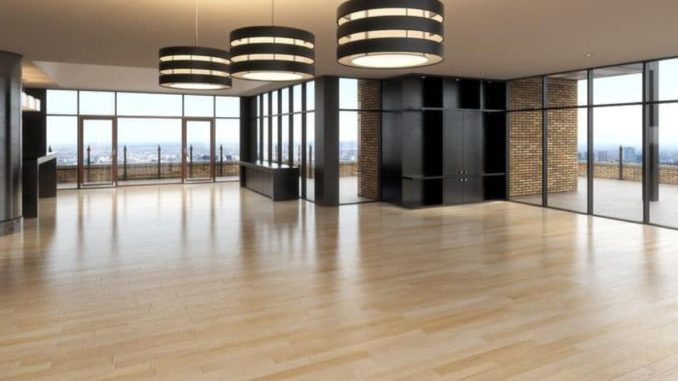
The options might seem endless when it comes to commercial flooring, but while it is true that there’s a lot of choice out there, when armed with the right information, you can easily make an informed decision about which one is right for your particular needs.
Milton Keynes commercial flooring have prepared this brief but informative guide, so that you can choose the ideal type of flooring for your commercial needs:
- Carpet tiles
While you might not automatically think of carpet when you think of commercial flooring (as it’s typically associated more with residential use), there is a place for it in certain settings.
With more choice than broadloom carpet, modular carpet tiles are easier to install, the vinyl backing makes them more difficult to unravel, and with the right adhesive, the tiles are able to remain safely in place, for longer. With a wide variety of designs and styles to choose from, you’ll easily find modular carpet tiles to suit your taste and meet your functional requirements, too.
Do note, however, that should the carpet tiles not be installed professionally, everyone will notice this!
- Wood flooring
While not necessarily a popular choice for a good deal of commercial spaces, solid wood flooring is undeniably stylish and provides a lot more durability than some other types of high-quality commercial flooring. If the need arises hardwood flooring can be refinished, and while it will age naturally over time, this can help add character to a floor.
On the down side, hardwood flooring can take longer to install, and is often trickier to install, too. Then there’s the unavoidable fact that it can cost significantly more than other types of commercial flooring.
- Laminate wood flooring
Thanks to its ease of installation and maintenance, not to mention durability, laminate wood flooring remains a popular choice for a variety of commercial environments. There’s also the fact that it’s easy to keep hygienically clean, and is a lot less expensive than solid hardwood flooring.
That said, should it need to be repaired, this is quite difficult to do.
- Vinyl composite tiling
Easy to replace, vinyl composite tiles are a durable and affordable option for use in many commercial settings, although often aren’t as aesthetically pleasing as some other flooring choices.
Note that this type of flooring can experience issues when it becomes worn, which it inevitably will over time, especially if used in high foot traffic areas, and present a problem in terms of cleaning it and keeping the colour looking fresh.
- Epoxy flooring
If you need to provide adequate flooring in a commercial setting in which there’s a lot of foot traffic, epoxy floor coatings are a great option. Extremely tough, long lasting and easily customisable, they are directly applied to concrete floors in a thick layer. When done professionally, this creates a surface that’s resinous, and once the curing process is complete, you’re left with a hard, polished surface that is great for concealing cracks and chips, and any other issues that may be present in the floor underneath.
Available in a wide range of colours and styles, they can also be made in such a way that they create a safer, non-slip surface for foot traffic. Additionally, epoxy flooring is shock and stain resistant, and water resistant.
Every commercial business is different, and its flooring needs will differ accordingly, but hopefully this guide will help you narrow down your options and make a more informed choice.

Leave a Reply